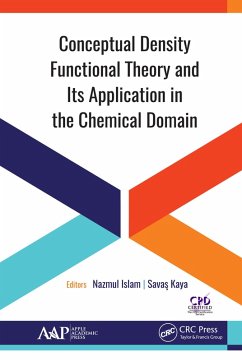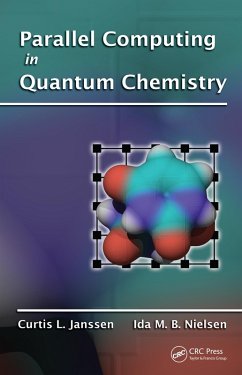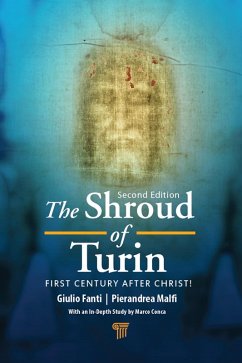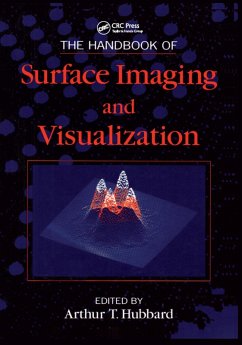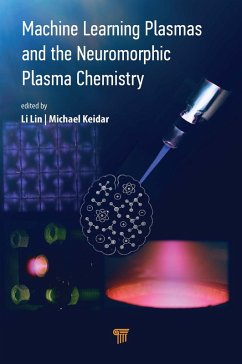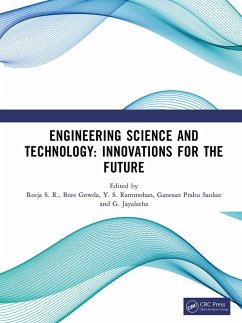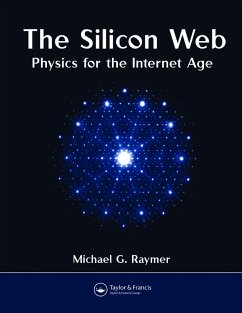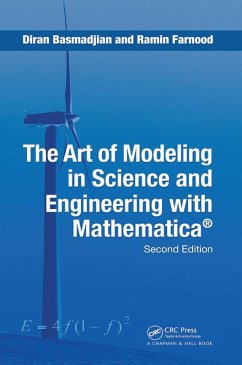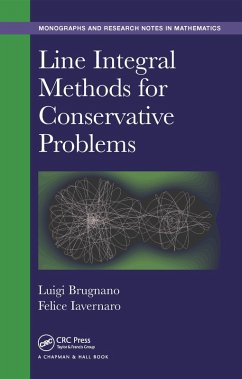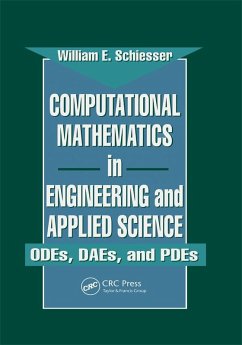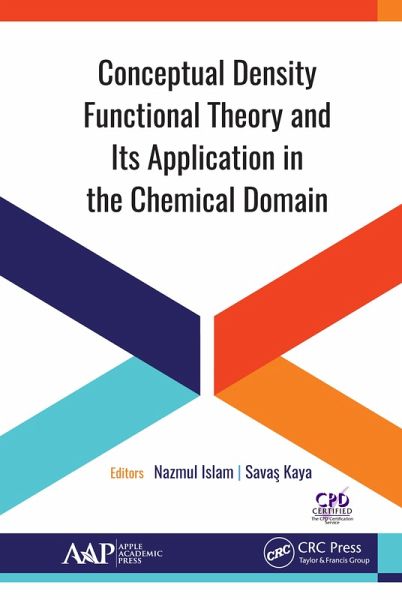
Conceptual Density Functional Theory and Its Application in the Chemical Domain (eBook, ePUB)
Versandkostenfrei!
Sofort per Download lieferbar
123,95 €
inkl. MwSt.
Weitere Ausgaben:

PAYBACK Punkte
62 °P sammeln!
In this book, new developments based on conceptual density functional theory (CDFT) and its applications in chemistry are discussed. It also includes discussion of some applications in corrosion and conductivity and synthesis studies based on CDFT. The electronic structure principles-such as the electronegativity equalization principle, the hardness equalization principle, the electrophilicity equalization principle, and the nucleophilicity equalization principle, along studies based on these electronic structure principles-are broadly explained.In recent years some novel methodologies have be...
In this book, new developments based on conceptual density functional theory (CDFT) and its applications in chemistry are discussed. It also includes discussion of some applications in corrosion and conductivity and synthesis studies based on CDFT. The electronic structure principles-such as the electronegativity equalization principle, the hardness equalization principle, the electrophilicity equalization principle, and the nucleophilicity equalization principle, along studies based on these electronic structure principles-are broadly explained.
In recent years some novel methodologies have been developed in the field of CDFT. These methodologies have been used to explore mutual relationships between the descriptors of CDFT, namely electronegativity, hardness, etc. The mutual relationship between the electronegativity and the hardness depend on the electronic configuration of the neutral atomic species. The volume attempts to cover almost all such methodology.
Conceptual Density Function Theory and Its Application in the Chemical Domain will be an appropriate guide for research students as well as the supervisors in PhD programs. It will also be valuable resource for inorganic chemists, physical chemists, and quantum chemists. The reviews, research articles, short communications, etc., covered by this book will be appreciated by theoreticians as well as experimentalists.
In recent years some novel methodologies have been developed in the field of CDFT. These methodologies have been used to explore mutual relationships between the descriptors of CDFT, namely electronegativity, hardness, etc. The mutual relationship between the electronegativity and the hardness depend on the electronic configuration of the neutral atomic species. The volume attempts to cover almost all such methodology.
Conceptual Density Function Theory and Its Application in the Chemical Domain will be an appropriate guide for research students as well as the supervisors in PhD programs. It will also be valuable resource for inorganic chemists, physical chemists, and quantum chemists. The reviews, research articles, short communications, etc., covered by this book will be appreciated by theoreticians as well as experimentalists.
Dieser Download kann aus rechtlichen Gründen nur mit Rechnungsadresse in A, B, BG, CY, CZ, D, DK, EW, E, FIN, F, GR, HR, H, IRL, I, LT, L, LR, M, NL, PL, P, R, S, SLO, SK ausgeliefert werden.




